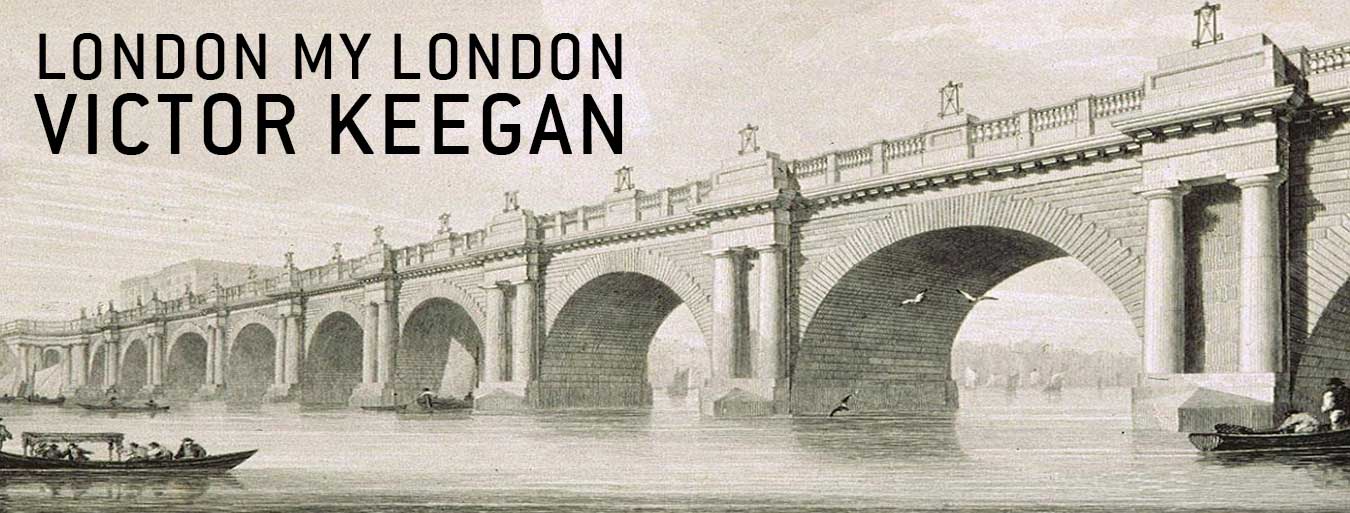Gray’s Inn Hall where Shakespeare probably performed
The Inns of Court are London’s most astonishing survivors and also among the least known to most of its citizens. Visiting them – whether Lincoln’s Inn, Gray’s Inn or the Middle and Inner Temples – is really like entering a time warp with the sounds of the City shut off and the buildings and gardens more or less as they were in medieval times.
Nowhere is this more graphically illustrated than in the print and map (below) where you can see the hall and gardens of Gray’s Inn as they are today with Gray’s Inn Road and the countryside beyond. In those days a curfew (from the French “curfeu” or “cover” the fire) would have been sounded in the evenings. Actually it still is today although in keeping with the times it is now done electronically.
The property began life as the home or inn of Lord Grey de Wilton who also had a castle at Wilton, Ross-on-Wye – the ruins of which are still there – plus a house off today’s Victoria Street in Strutton Ground (visible on Norden’s map of 1693). Lawyers migrated from the City to Holborn after Henry III banned legal education in the City in 1234 and the Pope stopped the clergy from teaching common law, rather than canon law.
Gray’s Inn could almost drown in its own literary history. Its Elizabethan alumni included George Chapman, the playwright who translated Homer, and Thomas Middleton who co-wrote Macbeth and is now enjoying a renaissance in his own right. Shakespeare himself is thought to have been in the cast when the Comedy of Errors was put on in Gray’s Inn Hall in 1594, an evening that famously ended in drunken revelries. The chronicles of the Hall dismissed Shakespeare’s troupe as “a company of base and common players”.
In 1608, the great Francis Bacon, improved the gardens and walling probably giving him the inspiration for his celebrated essay starting: “God Almighty’first planted a garden; and, indeed, it is the purest of human pleasures”. His statue keeps a watchful eye over South Square. And it remains today among the purest of pleasures to walk among the inns of court and the easiest way to uplift ones spirit.
